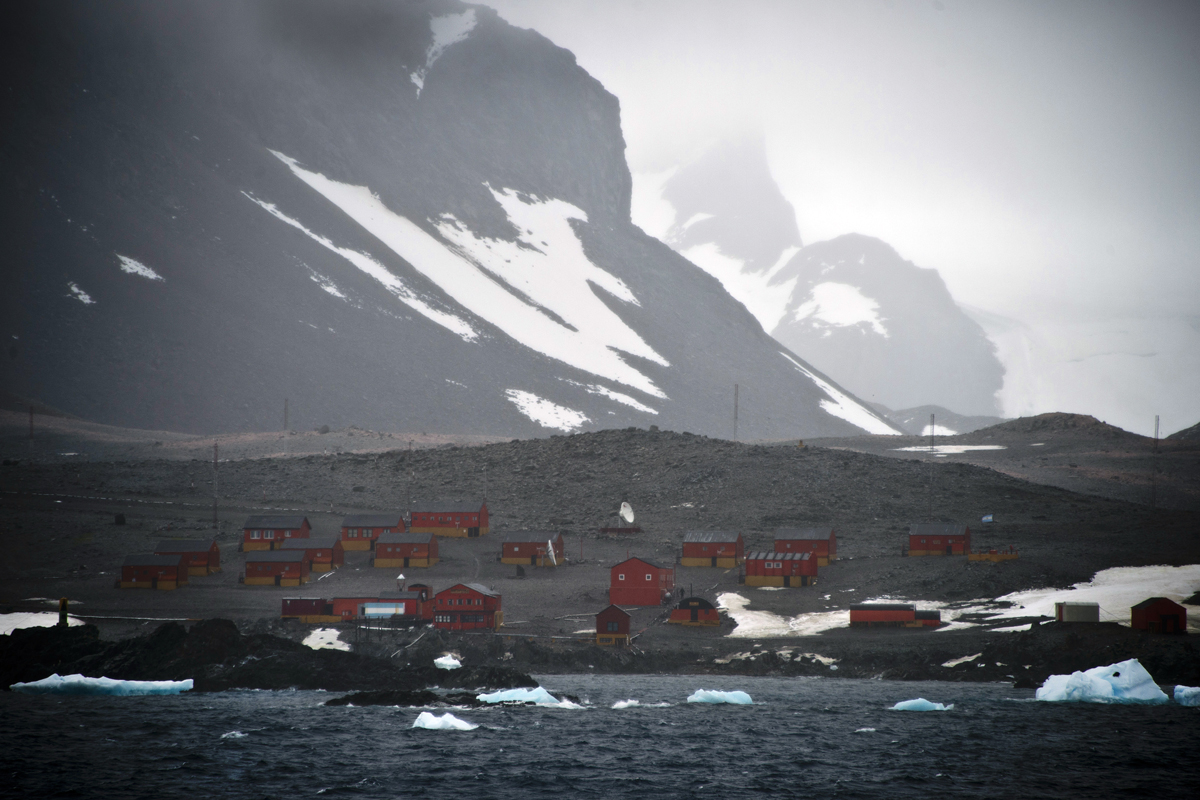The signal emitted from icy Antarctica might sound alarmist; yet it underscores the geographical reality of the world today ~ verily the grim reality of global warming and climate change. The continent has logged its highest temperature on record, with an Argentinian research station reading 18.3 degree C, beating the previous record by 0.8 degree C. The historic record has been set five years after the previous record of 17.5 degree C in March 2015.
The timeline of the rising temperature would suggest that Antarctica is warming much faster than the global average. Just as the gradual warming is a global phenomenon, it has over the weekend led to a collective dropping of the jaw in the context of Antarctica. Antarctica’s peninsula ~ the area that points towards South America ~ is one of the fastest warming places on earth.
Advertisement
The temperature has risen by almost 3 degree C over the past 50 years, according to the World Meteorological Organization. It isn’t the Arctic alone where the glaciers are melting; a not dissimilar trend has been witnessed in Antarctica, going by a tweet from Argentina’s meteorological station.
There are complex weather patterns in the area, but the reading was a combination of what they call “natural variability and background warming” caused by rising levels of greenhouse gases in the atmosphere. Indeed, scientists have concluded that the reason why the peninsula is warming faster than other places is a combination of “natural variations and warming signals.”
While the scientific prognosis may not readily be acknowledged by the layman, the message relayed from the icy continent is palpable enough ~ Antarctica, which boasts neither industries nor pollutants, is warming along with large parts of the world, no matter what the likes of Donald Trump might contend. The certitudes of geography and meteorology cannot be countered on the basis of geopolitical calculations.
The current rate of warming is almost unprecedented over the past 2000 years, prompting a climate scientist at the Australian National University, Prof Nerilie Abram, to conclude with a tinge of despair that the region “can occasionally be warm enough to wear a T-shirt.” “Even small increases in warming,” she said, “can lead to large increases in the energy you have for melting the ice.
The consequences are the collapse of the ice shelves along the peninsula.” Given the almost endemic melting of the ice, the mercury in the thermometer, whether it registers severely cold or icy temperatures, can only go higher still higher. Antarctica, till last Saturday a showpiece of a meteorological wonder, has defied conventional science.











